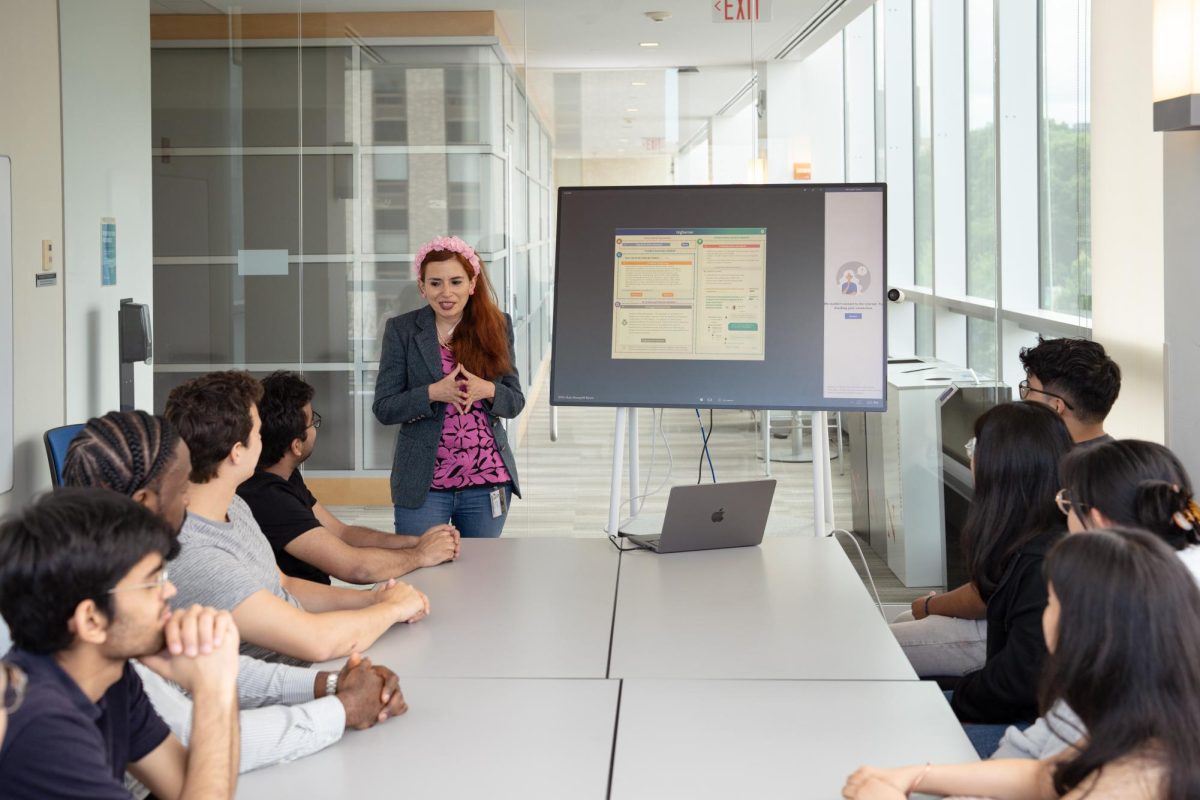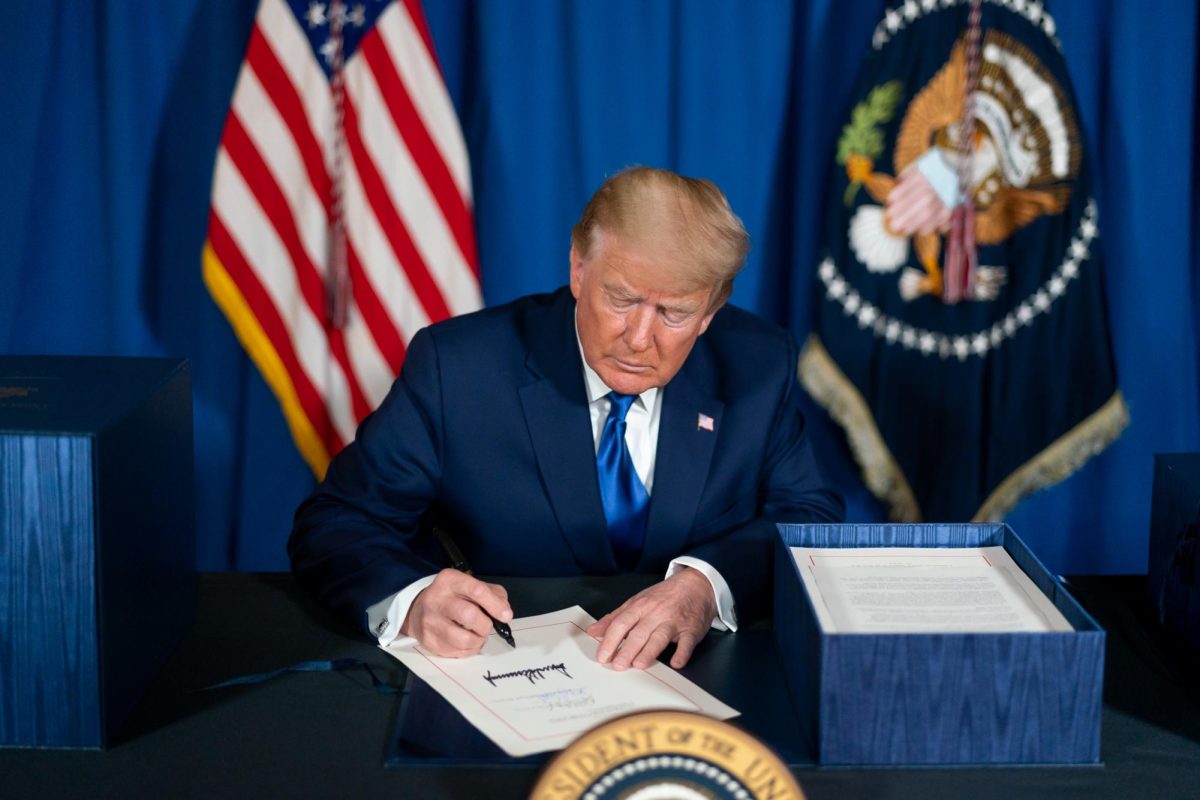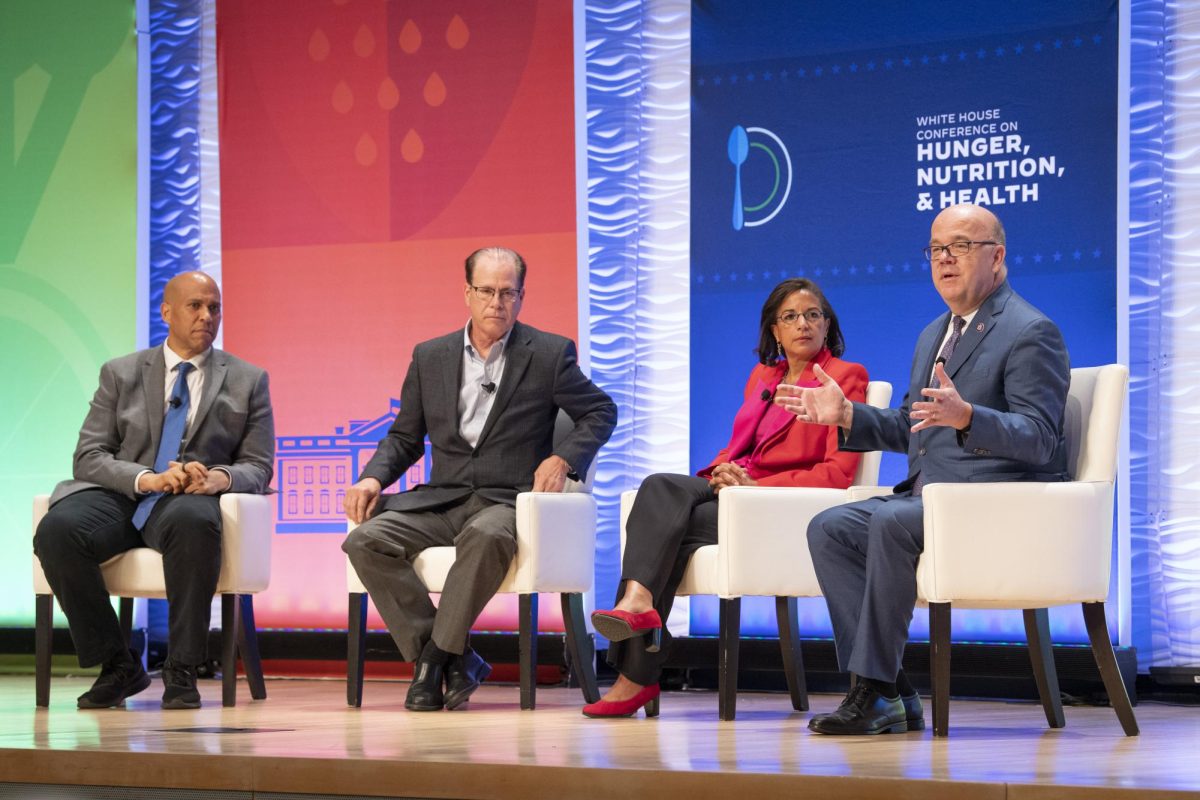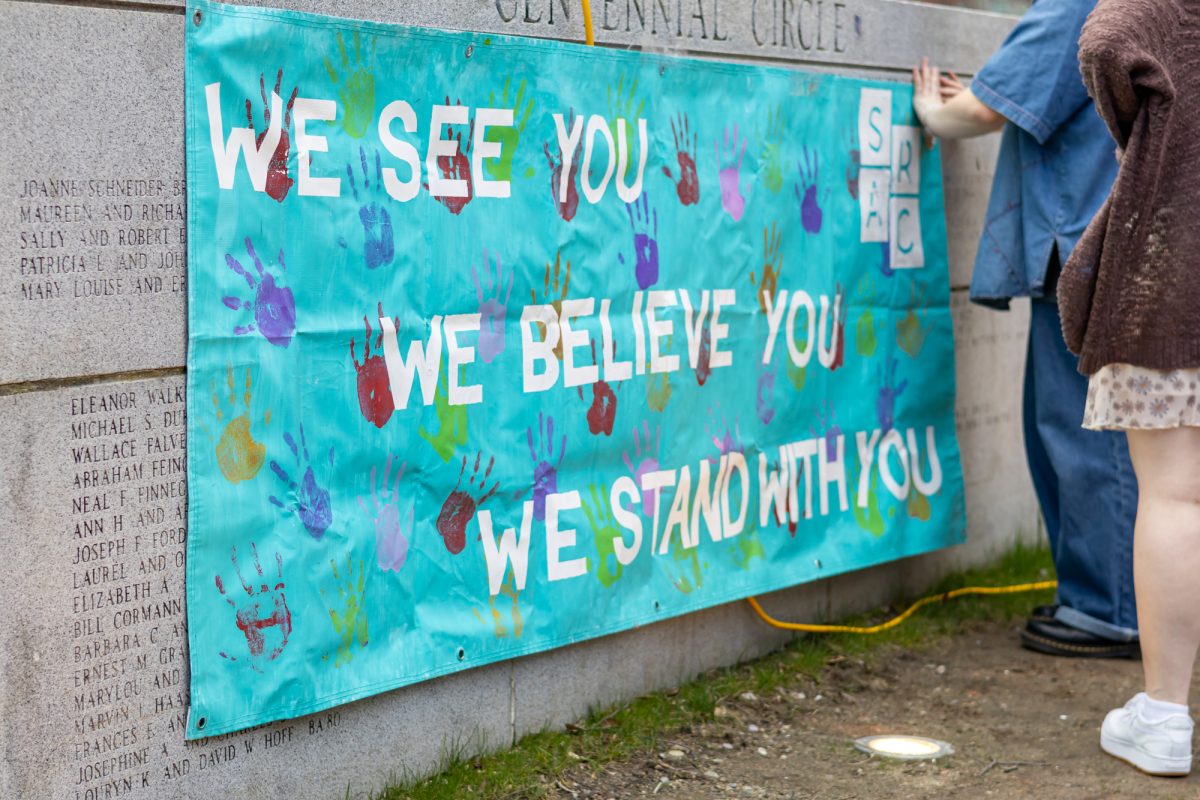By Raffaela Kenny-Cincotta, News Staff
U.S. Defense Secretary Leon E. Panetta in January announced the decision to repeal a ban on women participating in combat, but some with both Northeastern and military connections said there might not be a dramatic change on the ground as a result of the new policy.
The repeal of the 1994 Pentagon restriction banning female armed service members from participating in combat duty is expected to open hundreds of thousands of additional front-line jobs to women, including artillery, armor and infantry.
Kimberly Annson, a senior criminal justice student, said she served two terms in Iraq, where she “worked with men and women everyday” as a specialist. Annson is the secretary and only female member of the Student Veterans Organization (SVO).
When asked about the recent admittance of women to the front-lines, Annson was quick to mention that although Panetta’s announcement was an official, formal change in policy, women have been attached to infantry units for some time.
Without the ban, she said, women will now be able to receive “formal recognition for what they were already doing.”
When discussing her time in Iraq, Annson spoke at length about the interactions between herself and the men she served with overseas.
“From my experience, we all worked together,” she said.
Annson continued, “I worked in a motor-pool during my second deployment and I was the only female in my squad. So up at the motor pool I was with a bunch of guys, they were all mechanics and I ordered the parts for them — and we got along great. I had a clerk under me who was male, and he and I worked together perfectly. We split the work both equal. I don’t think any one of them ever looked at me differently because I was a female. They actually used to encourage me to come and help them work on trucks … I never experienced anything other than equality.”
White House Press Secretary Jay Carney touched on the existing role of women in the military at a Jan. 24 press briefing, but he told reporters the Obama administration hopes the removal of the ban will expand opportunities for women in the military.
“As you know, women are already serving in critical roles throughout our military, and the president believes strongly that we should continue to remove these unnecessary gender-based barriers to service,” Carney said.
As for how this formal policy move will affect the ROTC community at Northeastern, Liberty Battalion Recruiting and Retentions Officer Major Michael A. Bowles said little will likely change.
“Females have always trained the same as the males within ROTC,” he said in an interview at the ROTC offices on Huntington Avenue. “We don’t treat our females any different. They wouldn’t want to be treated different.”
The Liberty Battalion is composed of ROTC cadets from 11 universities throughout Boston, including Northeastern, Wentworth Institute of Technology, Berklee College of Music and Boston College.
There are currently 105 cadets in the Liberty Battalion, 25 of whom are female.
Bowles, who is also an assistant professor of military science at Northeastern, said he has “served beside females in many different roles,” and was not surprised by the recent decision.
Wearing fatigues and surrounded by the military awards in his office, Bowles said, “I’m supportive of the decisions and my superiors and the Secretary of Defense.”








